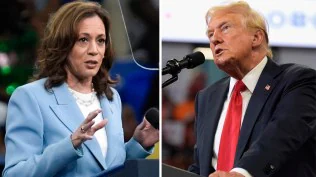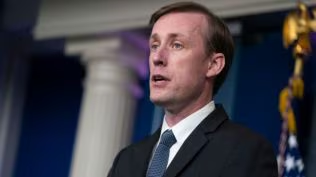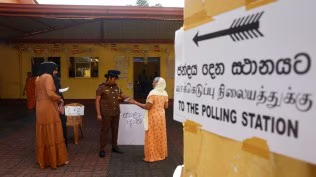UN chief António Guterres seeks support for vision of global future
António Guterres, Secretary-General of the United Nations, is set to urge world leaders to back his proposed “Pact for the Future,” which aims to establish a new system of global governance capable of addressing future crises. The proposal will be presented during next week’s UN Summit of the Future, held alongside the United Nations General Assembly in New York.
Guterres’s original vision outlined transformative reforms covering artificial intelligence, UN Security Council restructuring, climate action, peace operations, and development financing. However, according to critics, prolonged negotiations have led to a “watered-down” version of the document, which now lacks the specificity originally intended.

Speaking at a press conference, Guterres highlighted the urgent need for change: “International challenges are moving faster than our ability to solve them,” he said, referencing ongoing conflicts in Ukraine, Gaza, and Sudan, as well as the broader issues of climate change, inequality, and the rapid development of technologies like AI. He noted that “our institutions simply can’t keep up,” describing the existing global frameworks as “totally inadequate to deal with these complex and even existential challenges”, according to a report by The Guardian.
The UN’s undersecretary for policy, Guy Ryder, defended the pact, arguing that it could make the UN “more effective, participatory and networked.” But he faced scepticism, with some comparing it to previous UN initiatives that failed to deliver substantial results, such as the 2015 Sustainable Development Goals summit and the 2018 Nelson Mandela Peace Summit.
David Miliband, chief executive of the International Rescue Committee, acknowledged the pact includes practical measures, such as a proposed emergency platform that would enable the UN to respond to global shocks like pandemics. However, he stressed that the real test of the pact would be “strength, commitment and follow-through.”
Security Council reform remains a contentious issue, with some permanent members, including the US, open to adding new seats for African nations, albeit without veto power. Other countries, such as India and Brazil, are also pressing for representation. However, proposals to limit the veto power of the permanent five members continue to face resistance, especially from Russia, China, and the US.
Richard Gowan, a UN specialist at the International Crisis Group, argued that the pact could serve as a foundation for future UN reforms, particularly on emerging issues like AI. However, he noted that entrenched geopolitical divisions and slow-moving reforms were at odds with the rapidly evolving global landscape.
As Miliband observed, “The UN system can only be as good as its members,” with the current “fragmentation of political power” leading to gridlock at the highest levels of the international system.
(with inputs from The Guardian)
Disclaimer: The copyright of this article belongs to the original author. Reposting this article is solely for the purpose of information dissemination and does not constitute any investment advice. If there is any infringement, please contact us immediately. We will make corrections or deletions as necessary. Thank you.





